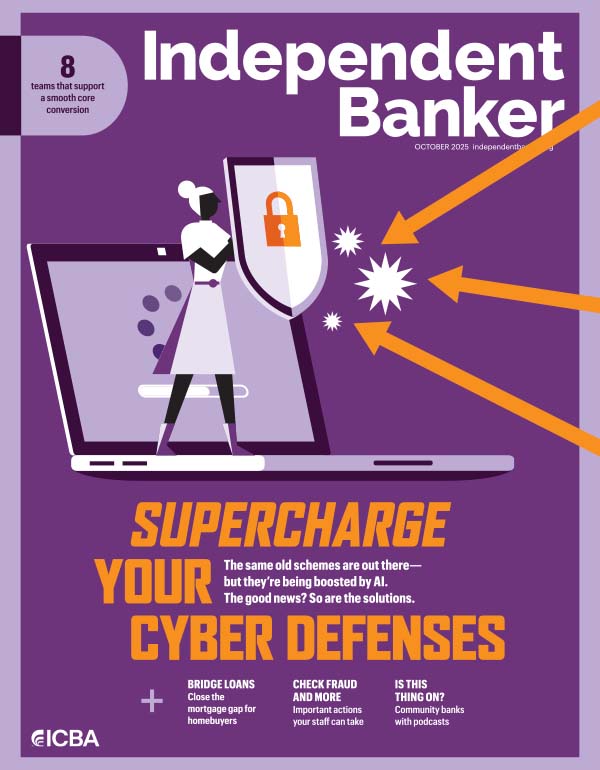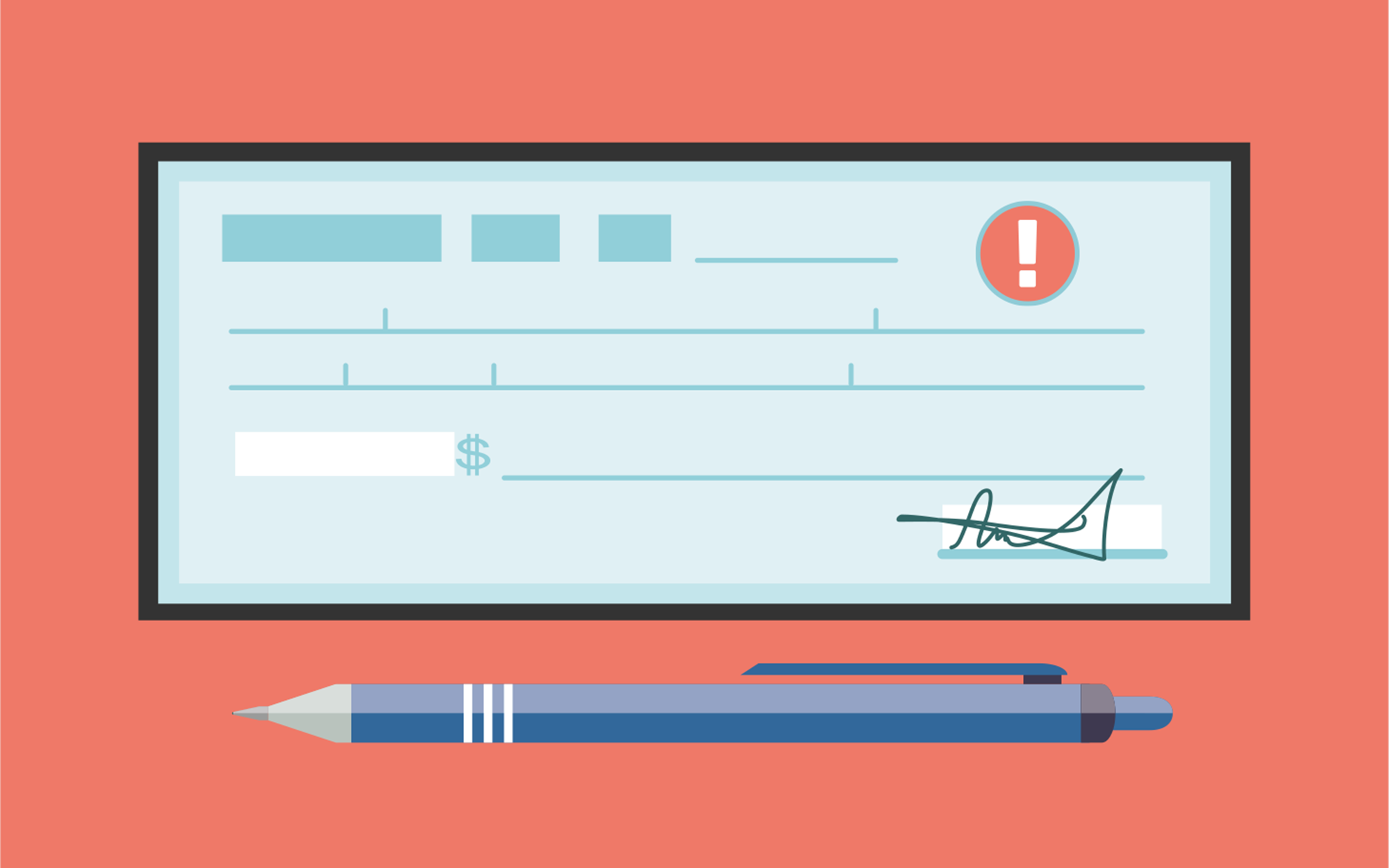Anecdotally, and empirically, community bank lending has been relatively productive during this multi-year rate cycle. Many conversations I’ve had with bankers in all regions of the country sound alike: Loan demand has been healthy, and, even better, credit quality has held up very well even though rates hit a 15-year high toward the end of the year. It sure seems like the industry learned its lessons from the last big downturn just prior to the Great Recession.
Through September, lending activity by community banks had improved about 5% year-over-year and reserves had increased only about half as much. Virtually all loan sectors showed growth, especially consumer loans.
The resilience of the domestic economy has been on display through the appetite for credit, although the aggregate rate hikes may be finally taking their toll. The Federal Reserve’s quarterly senior loan officer survey released in October indicated tightening credit standards; higher borrowing spreads; and declining demand for C&I, commercial and residential mortgages, and consumer loans. That pretty much runs the gamut.
Shakeout coming?
As 2024 gets underway, the lending market is perhaps at a crossroads. To be sure, loan demand is never uniform across the country, and various regions could see differing levels of borrower health and availability of credit. It’s been well documented that mortgage rates are more than double the average homeowner’s outstanding cost of borrowing, which was around 3.70% late in 2023. It may therefore be time to revisit the robust secondary market for performing, high-quality, non‑conforming loans.
The conversation with a potential seller of whole loans often begins with a concentration issue. Perhaps a bank’s portfolio has too much longer-duration fixed rate credits. Or maybe it’s exceeding policy limits as it relates to sector weight in consumers or commercial real estate. Or possibly, a given loan production office has created too many loans in a given geographical area.
If so, analysts can help your team identify saleable blocks of your loan portfolio and estimates of secondary market prices. It’s also possible to negotiate the servicing of these blocks as either retained or released by the seller.
Two-way street
At the same time, there are all sorts of depository institutions that are looking to add loans. The root of their inquiries is that the desired mix of volume and quality can’t be filled internally. Again, it’s possible that concentrations are part of the dialogue, and perhaps a given buyer is looking to add to a sector (for example, residential mortgages) where there is little opportunity in the local footprint.
The matching up of sellers’ supply and buyers’ demand is what makes for the deep secondary market, and middlemen such as ICBA Securities’ exclusive broker Stifel can act as agents to connect the parties. These agents can assist in arriving at fair values for various loan blocks based on empirical data such FICO scores, risk-free rates, average lives and collateral. They also should have yield spread information on other, similarly structured recent whole loan transactions. Not least, they can assist with the sharing of information on the potential purchase/sale of given loans, including a sampling of loan files for underwriting and due diligence.
Ballpark estimates
Of course, buyers of others’ credits would not have ever materialized if there weren’t adequate risk-adjusted returns. It’s difficult to estimate a range of incremental returns over the treasury curve for a given block of loans, as clearly a portfolio will, by definition, not be homogenous. However, it’s logical that the shorter the fixed-rate period (either to an adjustable reset date, a balloon date or maturity), the lower required yield.
Collateral will also factor in the yields; single-family residences have lower risk levels than do autos or commercial properties. Nevertheless, it’s not uncommon for a loan package to trade at 250 to 500 basis points (2.5% to 5%) over the curve.
That being the case, there are several strategies that can be employed with whole loans as an investment. One is a leverage, in which wholesale funding is used to finance the purchase. Blocks of loans could produce net spreads over the related borrowings of 2% to 3.5%, which is a multiple of available spreads from investment securities. Also, buying loan packages with proceeds from a sale of underwater bonds can greatly shorten the “earnback” period, perhaps to within 12 months.
There are more nuances to whole loan trading than we can adequately cover in this space. However, given that bank lending could be in a state of flux as the economy potentially slows, opportunities could arise for both buyers and sellers to benefit from these economic machinations. Finally, the start of 2024 gives whole loan market participants a full calendar year to realize, and recognize, the effects of the transaction.
Education on Tap
2024 webcast offerings ICBA Securities’ exclusively endorsed broker Stifel will have a variety of webcasts this year that will cover a range of topics pertinent to community banks. Included will be economic outlooks, enterprise risk management and balance sheet strategies. Look for information in this column, and from your Stifel sales rep, as the events are scheduled. Whole loan offerings Stifel Loan Group actively assists community banks in the secondary whole loan market. To learn more about the group’s capabilities whether your bank is a potential buyer or seller, please contact your Stifel rep.






